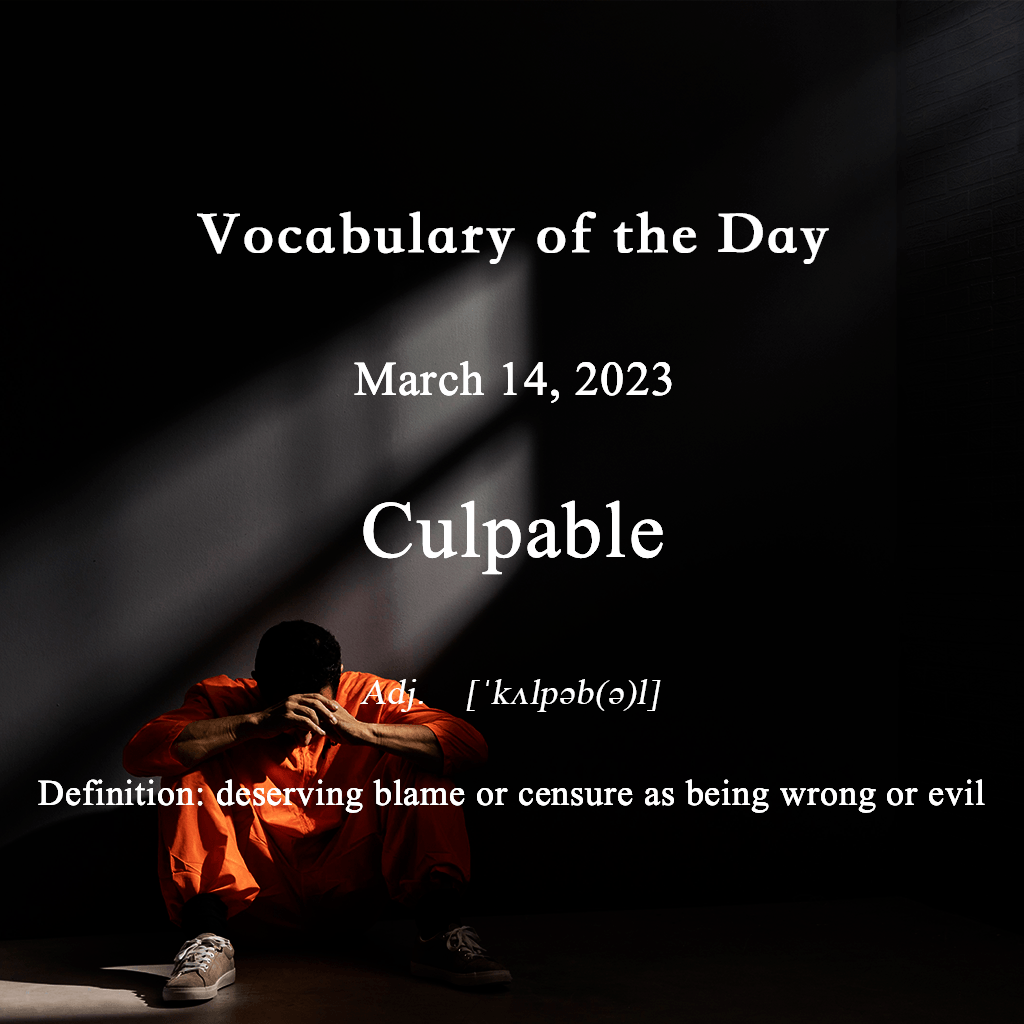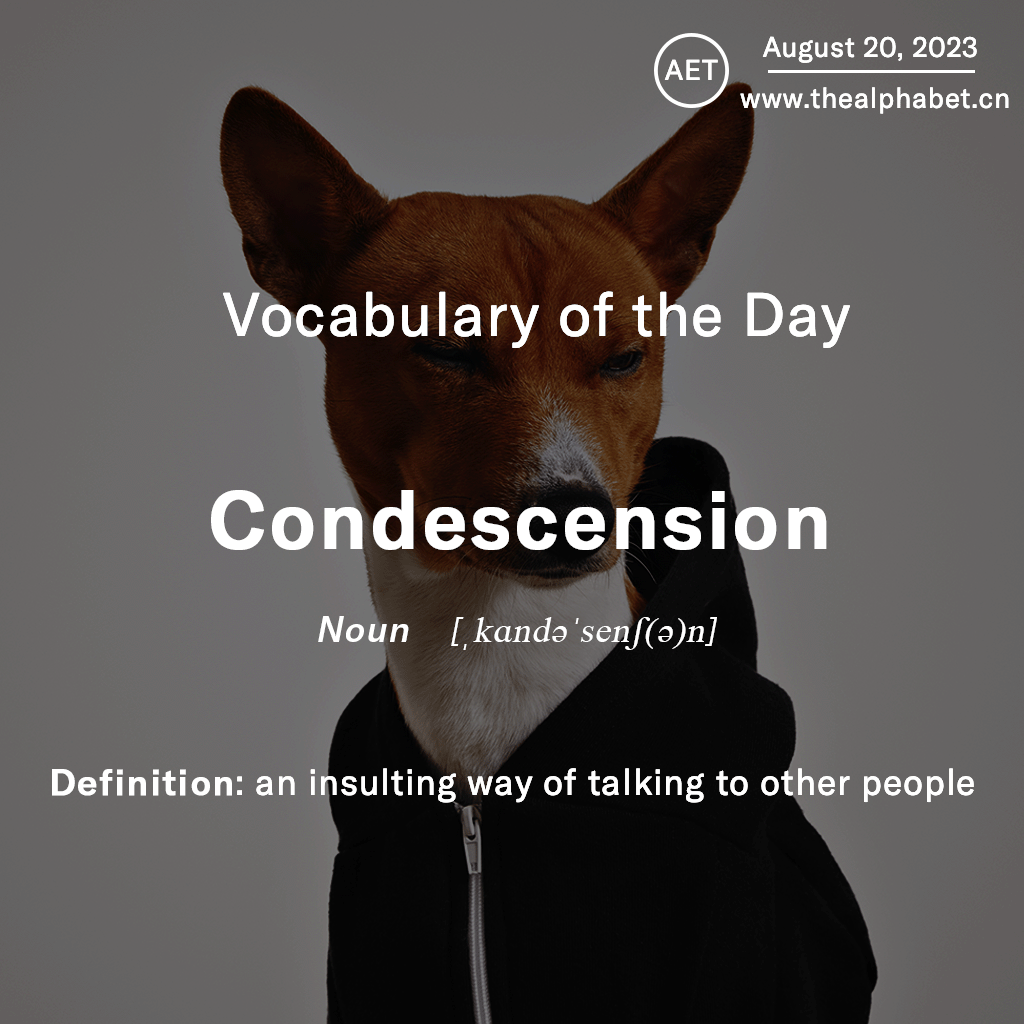
Image by vecstock on Freepik
发音:[əˌnækrə'nɪstɪk]
例句:
- Anachronistic is an adjective used to describe something that seems to be out of place in time, especially something that belongs to an earlier time but appears in a later time. In academic language, it refers to the occurrence of an event, object, custom, person, or idea that is not in its correct historical or chronological time, often an old-fashioned element in a more modern setting.
- In the 21st century, the monarchy’s elements appear increasingly anachronistic, with efforts to preserve the institution inherently conflicting with aspirations to embody modernity.
- Industry executives acknowledge that most DVDs sent out will likely go unwatched, emphasizing the anachronistic nature of distributing physical media in an era dominated by streaming services.
- Unica, Brazil’s sugarcane industry group, on Wednesday criticized the ban as anachronistic and argued that the Brazilian Forest Code, along with other measures, already sufficiently regulates agricultural activities in environmentally sensitive areas.
- Incorporating constant rock music and dance into Medieval England, alongside Heath Ledger’s modern hairstyle and Shannyn Sossamon’s contemporary fashion, introduces deliberately anachronistic elements that merge historical setting with modern cultural references.
解释:
- Anachronistic这个单词做形容词使用,其表示“a person or a thing that is chronologically out of place”这一含义,即“落伍过时的/不合时宜的”,与obsolete/antiquated这些单词构成近义词。
- 具体使用场景如下:
- The iPhone X’s superior utilization of space starkly contrasts with the iPhone 8 Plus, whose substantial bezels feel anachronistic for a smartphone at its price level in 2017.(iPhone X在空间利用上的卓越性与iPhone 8 Plus的显著边框形成了鲜明对比,这些边框对于2017年这个价位的智能手机来说显得过时。)
–Technology - In the same way that historians are careful not to use modern terms like ‘revolution’, ‘science’, and ‘scientist’ to describe the seventeenth century, they also avoid the term ‘modern’. They consider these terms anachronistic and believe their use can inaccurately portray historical periods, suggesting a modern understanding that may not align with the historical reality of those times.(正如历史学家在描述十七世纪时谨慎地避免使用“革命”、“科学”和“科学家”等现代术语一样,他们也避免使用“现代”一词。他们认为这些术语具有时代错误的倾向,认为其使用可能会不准确地描述历史时期,暗示一种可能与那些时代的历史现实不符的现代理解。)
–Science - As China is expected to surpass the United States as the world’s largest economy in the coming decade, the outdated structure of international economic governance is becoming more pronounced. This highlights the need for reforms to address the anachronistic systems in place, making them more reflective of the current global economic realities.(随着中国预计在未来十年内超越美国成为世界上最大的经济体,国际经济治理的过时结构变得越来越明显。这突显了需要进行改革以解决现有的过时系统,使其更能反映当前的全球经济现实。)
–Business - If your knowledge of Mark Twain’s “A Connecticut Yankee in King Arthur’s Court” comes solely from its comic-book and film adaptations, you might mistakenly expect the book to be filled with non-stop comedy, primarily based on the anachronistic humor arising from a modern character’s interactions within the medieval setting of King Arthur’s court.(如果你对马克·吐温的《康涅狄格州的扬基在亚瑟王宫廷》的了解仅来源于漫画书和电影改编,你可能会错误地期望该书充满了连绵不断的喜剧,主要基于一个现代角色在亚瑟王宫廷的中世纪设置中的时代错误幽默。)
–Art and Culture
Podcast




